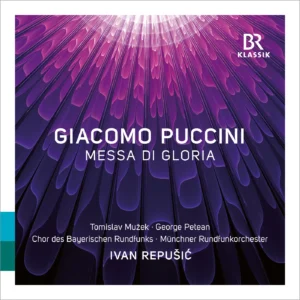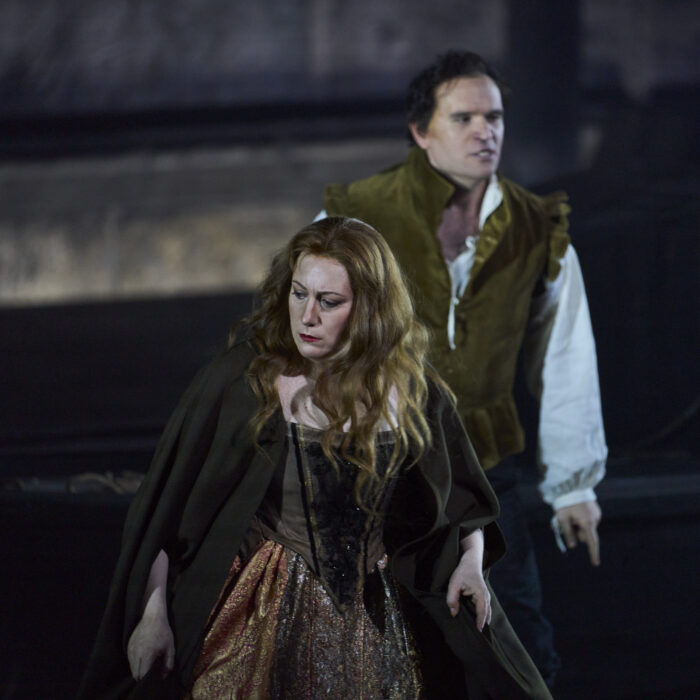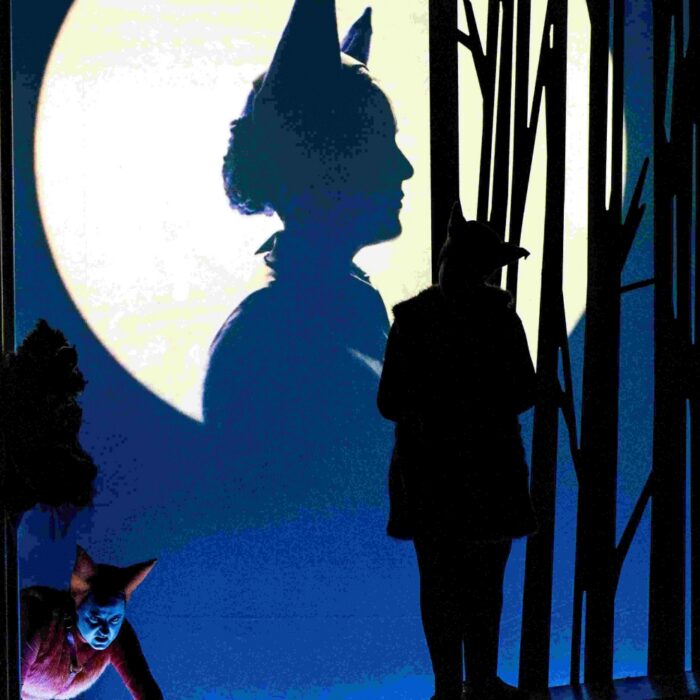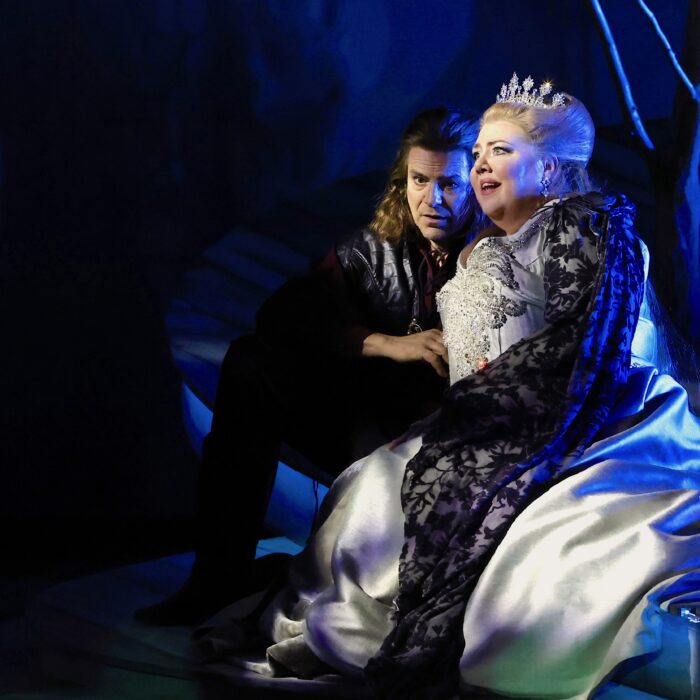
CD Review: BR Klassik’s ‘Messa di Gloria’
By Bob Dieschburg
Puccini’s “Messa di Gloria” is not the unjustly belittled opera in disguise which musicologists, for decades, have made it to be. They objected to the unbefittingly ariose “Gratias agimus,” as well as the mass’ compilatory structure. For a “Mass of Glory,” strictly speaking, only contains the Kyrie and Gloria sections; Puccini, however, adopts all five movements of mass, and intersperses them with some of his nascent genius’ finest melodic inventions. For instance, his “Agnus Dei” would be recycled in the Act two madrigal of “Manon Lescaut.”
Understandably, the “Messa di Gloria” (the title actually seems apocryphal) sparked unease. Yet critics’ relative failure of appreciation stands in sharp contrast with its discographic faring. There is no shortage of good recordings, and only last year did the ever so colorful Gustavo Gimeno (for Harmonia Mundi) add to the growing catalog. Now it is the turn of conductor Ivan Repušić on BR Klassik. The Croatian demonstratively purges the score of the operatic, turning out a surprisingly refined, and lyrical interpretation of this almost-renegade in the Puccini repertory.
“In genere sinfonico”
The album’s main asset is the interpretive malleability of the Münchner Rundfunkorchester who treat each segment as its own, symphonic Satz. The colors are invariably changing, and while the tempi are nearly identical to Pappano’s rather boldly fashioned reading from 2001, Repušić relinquishes any too melodramatic edge in favor of a remarkably homogeneous, and – for want of a better word – Germanic orchestral facture. For instance, the strings transitioning into the majestic “Quoniam tu solus sanctus” have never had more lyrical agency than here. The choir also does not erupt like in Verdi’s “Requiem;” it softly builds instead of grafting itself on the playing of the orchestra.
Puccini’s affinities therefore clearly point towards a transalpine way of composing music, even though this juvenile predilection – if such it is – only persists until the creation of “Le Villi;” after 1884, his self-proclaimed “genere sinfonico” (symphonic genre) is gradually being displaced.
Condensed Lyricism
The soloists occupy a strangely ambivalent position in the “Messa.” Yet in keeping with his holistic approach, Repušić embeds them in a firmly set vision in which there is little to no room for digressions into the overly operatic. For example, he imparts a crisp time on the notorious “Gratias agimus,” situating the tenor part of Tomislav Mužek at opposite ends of the pompous 1984 recording by Claudio Scimone. Even the “Agnus Dei” (with the excellent George Petean) feels like a genuinely spirited coda rather than the somewhat disjunct appendage from earlier releases.
As is customary, the program is rounded off by the threnodial “Crisantemi” (arranged by the distinguished Lucas Drew), and Puccini’s very imposing, if eclectic “Preludio sinfonico.” The latter knowingly borrows from Wagner, and is interpreted with some unexpected symphonic roundness. I personally prefer the bold sweeps from Pappano; but for the mass itself, Repušić’s unrelentingly soft lyricism stands without competition. It is the most harmonious version yet, and for its radical novelty deserves every attention.


